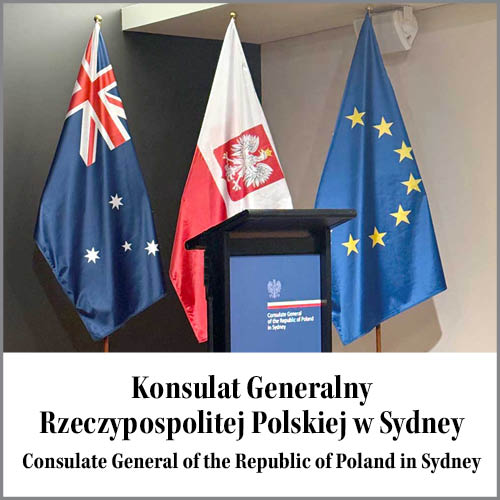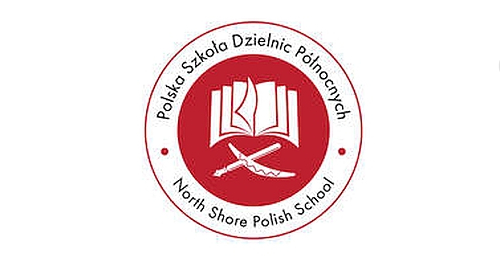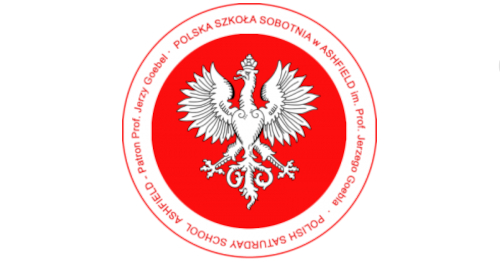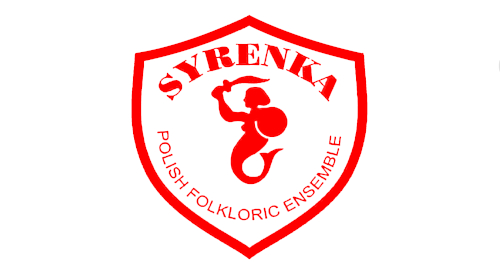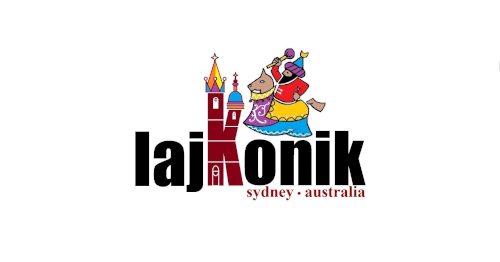WHY POLAND?
In one review of my novel The Bakers Alchemy, the critic started out by saying how odd it was for an Australian writer to set a novel in a I9th Century Polish village. It bore a tone not of generous curiosity but of offended bewilderment, as in: ‘How could this happen?’ One can only wonder whether some new kind of provincialism or narrow nationalism has been creeping back into our general attitudes. Nonetheless I did worry, when I started, whether I could ever know enough about Poland to do it. What would Polish readers think of an Australian presuming to tell a Polish story?
The Poles have a name for the great Polish diaspora, the widely scattered people of Polish descent in many countries who, more or less, make some continuing use of the Polish language and have some identification with Poland still. They call it POLONIA – as if it were a country. It has a particular resonance with them, because through all Poland’s tortured centuries of dismemberment and geographical rearrangement and foreign domination, it was only by their language and their writers that they preserved their sense of themselves as a distinct people and nation.
Of course, I didn’t even have that association, but only an odd sense since childhood of wanting to be associated, in some way.
The Baker’s Alchemy started out as a general story idea, not connected with any place or country. An idea that would involve an original twist on some figures and situations in literature that were perennial – or stock, depending on your attitude to them. There was what you might call the bifurcated hero or protagonist, the character who takes part in a story in a double capacity. A classic example of one is Robert Louis Stevenson’s Dr Jekyll and Mr Hyde, and there the role doubling turns around good and evil-doing. Forgive me for putting myself within breath of such august company, but Shakespeare’s and other dramatists’ works provide many cases of the disguising of a character’s identity to allow his/her alternating appearances and thus a double-naming, usually for comic purposes.
My idea was, and I didn’t think it had ever been done, to let the doubling revolve around age and the situation be a marriage. So that the husband character would act in both an older and a younger version of himself. Again for comic purposes. So, we have an older man – I never say quite how old he is – a widower who loved his first wife very much but after a long period has recently married a much younger woman. But the marriage is unconsummated, through the perplexing resistance of the wife. And he needs a gentle way of resolving the impasse.
Even though this subject matter of your older man with a younger spouse isn’t exactly a rare one in our culture, I didn’t persist with it for anything salacious or titillating, but because of a wonderfully ridiculous moral conundrum that arises with its particular twist of the Marriage Plot. And it is this. If the husband, who even in his youthful guise is nonetheless still the husband, is having a relationship with his lawful wife, what can be said against him morally? If you take a black-letter law view. But if the wife believes she is having a relationship with a man other than her husband, how is she not committing adultery? So we have a marriage where one partner is an adulterer and the other isn’t.
OK, the next question: Where and when? Already it seemed to me that the best thing to do with this story, because of this fanciful demand, would be to give it the aura of time and distance. A bit of gauze over the lens, at least at the start. To write it in the spirit of a fable from another era, of a village folk tale or as a kind of fairy tale for adults, with a magic realist element that would enable a transformation of the husband complete enough for his wife to be convincingly deceived about him and – I hoped as all tall-tale tellers do – allow the suspension of disbelief by the reader. So I went to some other great standby props.
The husband consults a healer/herbalist/good white-witch type, who, though she’s worried about using it, offers him a powerful, untested potion in order to, as he asks, ‘Give his wife a whole new view of him’. Well, she certainly gets that. Unexpectedly to both the healer and the husband, the mixture, at least for a few hours each time, converts him into his former young self, able to woo and seduce his until now, unhappy young wife and make her happier.
If the plot needed a bit of magic and fancy to kick it off, after that, more or less, realism and logic would be able to rule. And I have made the setting as historically correct as intense research and travel could achieve, for a writer who is not Polish. Still, some of the notions gathering around at the beginning were traditional and even archetypal. I personally was always drawn to write something set in that extravaganza of symbolism, a great forest. But even though, in a sense, I live in a great forest here in Leura, the whole project didn’t seem to be very Australian. It seemed to need a European setting.
But why Poland? Germany loves its forests but so much has already been written about them, and the UK has long lost its forests. Quite a few years ago the great British scholar Simon Schama wrote a memorable work called ‘Landscape and Memory’, a hybrid sort of book investigating the role of Place in historical memory and culture. I remembered he had a wonderful section on the ancient Polish forest of Białowieża, now located partly in north-east Poland and partly in Belarus. It’s the oldest stand of forest remaining in Europe, some of its deep recesses of trees going back thousands of years, possibly to the Ice Age, and it has distinctive animals. It was always too impenetrable for loggers and hunters to reach its heart. Not even Herman Göering who hunted in it during WW2, could do this. So that was a very attractive thing, and I began to circle around the idea of a Polish setting. A village near the great forest.
But set When? There’s always a bit of mystery to oneself about these choices, but I didn’t want it too far back in the past. I needed for the plot the invention of photography. After reading around, I thought what might be interesting would be a time when the old rural peasant life and folkways were still evokable, but also coming under some modernising pressure, with the first signs of industrialisation, etc. A time of transition. And that, in Russian-held Poland which was the most technologically backward of its three sectors, happened during the second half of the nineteenth century. The last great Polish uprising against Russia, you might say the Last Stand of Polish Romanticism, was in 1863-64, known as the January Uprising. I thought a time a few years after that, when things were settling a bit and railway lines and some light industry were appearing would be a good vantage point. In the end, I opted for the early summer of 1870. And if you read the book you’ll see other reasons why this date was very useful. For both Comedy and Morality.
I went to the forest in 2013 at that time of the year, and kept up a heavy research project both before and after that. Even though there is a rich literature in the Polish language, not much of it has been transmitted to the rest of the world. Apart from the case of Conrad who didn’t actually write in Polish, for earlier English language generations probably the best known exception is Henryk Sienkiewicz, who wrote Quo Vadis which became a Hollywood movie, and some other translated books. More recently there have been Nobel winners like Miłosz and Szymborska. Poland is very inspiring for writers. City streets have statues of great poets and scholars – as well as of Napoleon Bonaparte, by the way! I went into one of the main churches in Warsaw, and it was full of plaques and plinths and memorials to poets and novelists and composers. Can you imagine going into St Mary’s or St Andrews in Sydney, and finding plaques to Henry Lawson, Henry Handel Richardson and Judith Wright?
Polish history is extraordinary. You become awed by what the country has gone through, for two centuries and more. Partition, persecution, poverty, Imperial and then Nazi and then Communist domination, the war horrors inflicted on its land by other countries, even to that human nadir, the Holocaust. I wanted there to be an engaging Jewish representation in the book, in those 1870 times, and I trust I’ve achieved that. But regarding The Baker’s Alchemy, I came to see, and I’ll put this bluntly, that Poland had just the right moral, intellectual, religious, spiritual, political, intense, fascinating history to give background substance to what in another setting might have seemed a light and silly comedy. This is a comedy which is much more about a perplexing moral problem than most comedies you’ll ever encounter.
So that’s why Poland! There were some little personal things. I remember as a nine-year-old hearing in my school chapel the story of Poland’s constant suffering through interference and geographical rearrangement by its adjacent nations. The Jesuit principal was gesturing and pulling in the air as if the country was a big ball of dough. In the Cold War, it was put to us it was particularly grievous that Poland should now be behind the Iron Curtain, when World War II started in its defence, so I used to feel a sadness about it, wanted to go there one day.
The Baker’s Alchemy has turned out my way of going there.
Stephen Johnson
 The Baker’s Alchemy
The Baker’s Alchemy
Paperback | Nov 2017 | Brandl & Schlesinger | 9780994429551 | 280pp | 234x153mm | AUD$29.95, NZD$34.99
Available from good bookshops:
• in Sydney: Abbeys Books CBD (opp. QVB); Kinokunia – CBD; Gleebooks – Glebe Pt. Road, Glebe; Lesley McKays Bookshop, Spicer Street, Woollahra.
• in Melbourne: Readings in Carlton.


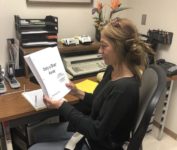

 USD
USD  AUD
AUD  CAD
CAD  NZD
NZD  EUR
EUR  CHF
CHF  GBP
GBP 